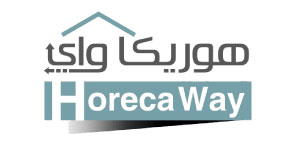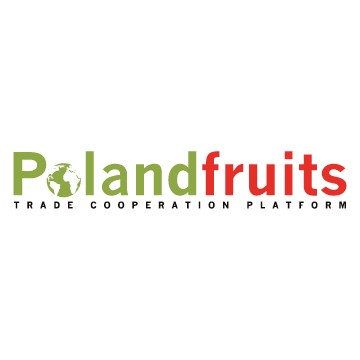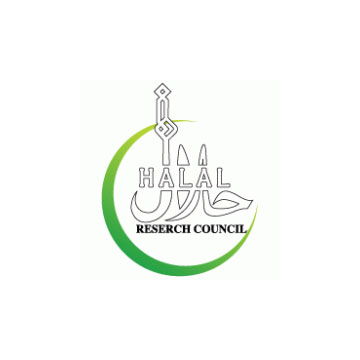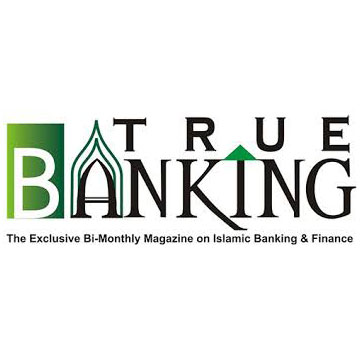Saudi Arabia: The e-commerce land of opportunity, say experts

A.T. Kearney raises its estimates for the e-commerce market value in the region, forecasting Saudi Arabia to lead by 2020
When people think of shopping in the Gulf they usually think of Dubai, with its record-breaking malls, its shopping festivals and its retail, consumer-driven lifestyle, but when it comes to buying online the place to be is Saudi Arabia, with the kingdom set to emerge as the Middle East’s biggest e-commerce powerhouse in the coming years.
New forecasts sent to Zawya from consultancy firm A.T. Kearney show that the United Arab Emirates is currently the top e-commerce market in the region, with a market value of $5 billion, compared to $4 billion in Saudi Arabia this year.
Looking to the future, the new figures forecast that the size of the e-commerce sector in the six Gulf Cooperation Council countries (GCC) will rise to $24 billion in 2020, up from the $20 billion A.T. Kearney estimated in a previous report released last year.
On top of that, it predicts that by the end of the decade Saudi Arabia will overtake the UAE to become the biggest e-commerce market in the GCC, with a market value of $10 billion, compared to $9 billion forecast in the emirates.
Experts believe that the kingdom’s growing population, gaps in the existing marketplace and strong growth will be the main driving factors in Saudi Arabia’s rise to the top of the e-commerce rankings by the end of the decade.
Pratik Gupta, one of the founders of Wadi.com, an e-commerce portal launched in Saudi Arabia in March 2015 and later expanded to the UAE, said Saudi Arabia, the GCC’s most populous nation and the region’s biggest economy, offers a huge market opportunity.
“From (a) competition point of view, the opportunity (in Saudi Arabia) and…the services gap were large in Saudi Arabia,” Gupta told Zawya in a phone interview last week.
Saudi Arabia’s population currently stands at 32.5 billion, according to the kingdom’s General Authority for Statistics. The most recent demographic survey carried out in 2016 showed that the number of Saudi nationals living in the kingdom grew by 6.86 percent between 2010 and 2016, reaching 20 billion people and accounting for 63.2 percent of the total population last year.
The e-commerce market is mainly driven by young, rich and tech-savvy consumers and the statistics also showed that at least 24.8 percent of the population are younger than 15 years old, while only 3.2 percent are older than 65 years.
With these attractive demographics in mind, Reuters reported last October that online sales in the kingdom are expected to surge to $13.9 billion by 2021, from a projected $8.7 billion this year, citing figures from an industry analyst.
“The biggest one is going to be Saudi Arabia in 2020, slightly bigger than the UAE, and the two of them (Saudi Arabia and the UAE) will be the main ones (e-commerce markets in the GCC),” A.T. Kearney’s senior principal Adel Belcaid told Zawya in a phone interview on Monday.
“For now, most of the activity is in the UAE,” he added.
Why Saudi Arabia?
“When you look at the potential for economic value in a new market, you look at two big factors: the number of people who live in this country and the purchasing power,” Anass Boumediene, one of two founders of eyewa.com, an online portal that sells spectacles and contact lenses, which launched in the UAE in May this year and in Saudi Arabia later the same month.
The kingdom is the world’s biggest exporter of oil but in 2015 and 2016 it reported deficits of $98 billion and $79 billion, respectively. Boumediene said the economic slowdown that resulted from the decline in oil prices in 2014 helped attract many consumers in the GCC, and Saudi Arabia in particular, to the e-commerce sector, as consumers tightened their belts and looked online for bargains.
“The change in the behaviour of GCC consumers, who are now more keen to buy online via their smartphones and computers, combined with the convenience of more choice and easier price comparison offered by e-commerce portals, are the main aspects that make buying items online more appealing to the shoppers,” Boumediene said.
However, A.T. Kearney’s Belcaid warned that political and economic concerns in the region - such as the Gulf-Qatar crisis, the war in Yemen and low oil prices- could have an impact on the retail industry as a whole, but the sector will remain a main component of both the GCC’s and the Saudi Arabian economies.
“E-commerce has taken advantage of all of this (regional challenges) in a way. Retailers can look at e-commerce as an opportunity to save costs and engage more with consumers,” Belcaid said. Most of the items offered on the e-commerce portals are cheaper than their counterparts in shops.
Like main sectors, the GCC retail sector was hit by the impact of the low oil prices and resulting austerity measures, but the outlook is improving. Retail is expected to grow from $250.5 billion in 2016 to $313.2 billion in 2021, according to a report released in July by consultancy firm Alpen Capital.
The report said Saudi Arabia and Bahrain are expected to register the fastest growth, driven mainly by an increase in tourism activity and per capita income. It estimated the value of retail sales in Saudi Arabia will grow from $92.2 billion in 2012 to $111.0 billion in 2016.
GCC growth
The UAE e-commerce market is predicted to grow by 80 percent between 2017 and 2020, according to A.T. Kearney’s revised data, on the back of increased activity in the market.
“There was a lot of action this year,” Belcaid said. “A lot of initiatives around e-commerce, Noon, Amazon… all of this is looking good for e-commerce and we decided to push our forecasts higher for a number of other positive indicators,” he added.
Regional e-commerce platform Noon.com, which is backed by Dubai billionaire Mohamed Alabbar and the kingdom’s sovereign wealth fund, the Public Investment Fund, went live in Saudi Arabia on December, 12, shortly after its launch in the UAE in September.
Noon’s main rival, UAE-based Souq.com, was bought by global online-retail giant Amazon in July.
Qatar and Kuwait are projected to take joint third place on A.T. Kearney’s revised rankings, with total sales of around $2billion each by 2020.
“In the smaller (GCC) countries, we can have local players emerge but e-commerce needs scale, needs a big market, before it starts generating economic returns,” Belcaid said.
While Oman is still a small untapped market, the Information Technology Authority (ITA) partnered up with Bank Muscat earlier this month to launch a competition aimed at supporting emerging Omani companies that specialise in technology and mobile apps, according to a press release by ITA.
“The future is physical with digital”
Despite its rapid growth, Belcaid said he believes online shopping will not totally overshadow physical stores.
“The future is physical, with digital. Consumers may want to go less often to the shop to get what they want and may do more via their mobile phones and laptops, but they still want to have the opportunity to experience goods in a physical way,” Belcaid said.
Delivery and logistics is also one of the big challenges facing the e-commerce sector, Belcaid added. “It is basically the challenges of last-mile delivery and accurate postal addresses in the region, some challenges in distribution and how retailers are locating their warehouses... All of this leads to some delivery delays. I think everyone who has ordered goods on e-commerce in the region has suffered from delivery delays,” he said.
While the mall culture will remain a focal point for shoppers in the region, the online option is here to stay and set to become a part of everyday living for consumers in the future.
“Just like nobody can imagine retail without a store, without a physical presence on the street, we now have to start not being able to imagine retail without an e-commerce presence,” Belcaid said.
Source: Thomson Reuters ZAWYA






































.jpg)












